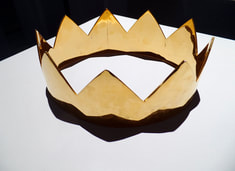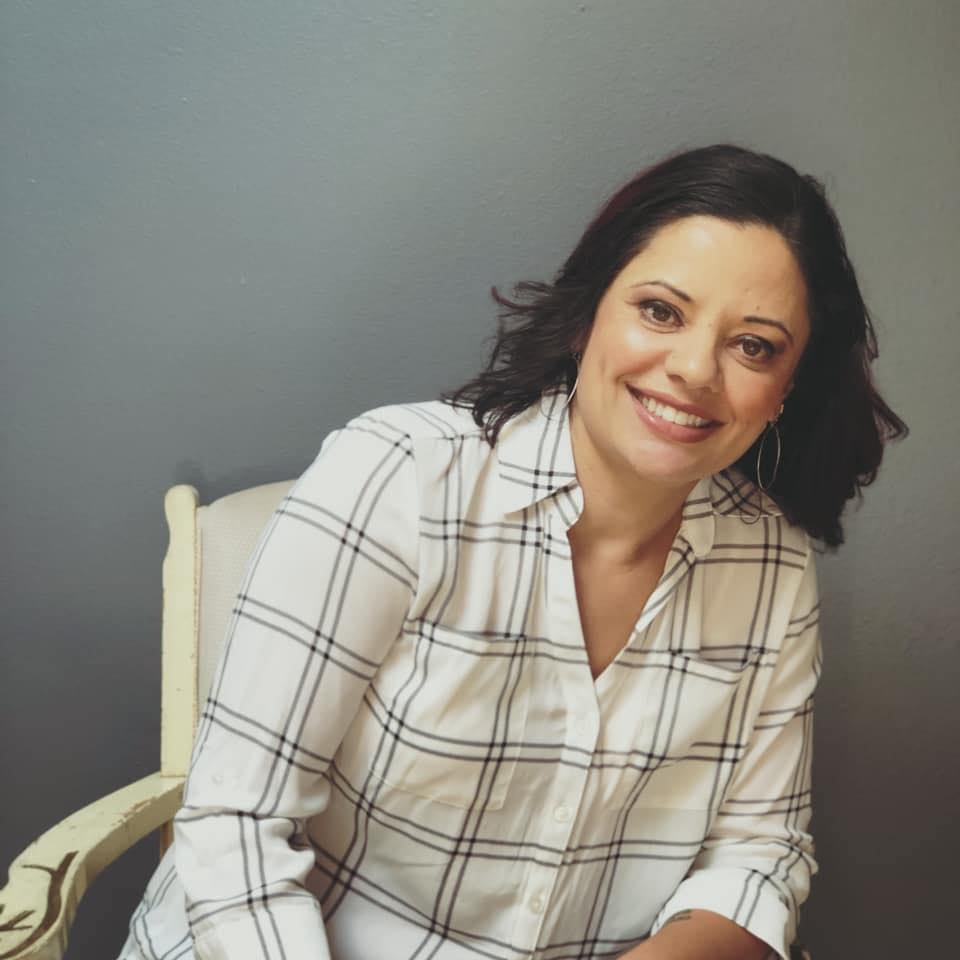|
A narrative version of Elijah's adventures beginning in 1 Kings 17.
He waited expectantly and with terror. He had fled from the east, running like a hunted criminal, taking shelter in the verdant land near the brook Cherith. Loneliness and grief coiled themselves around his heart threatening all he thought was true. He sought relief frequently by calling on the name of the One who was both his scourge and salvation. “O Lord my God, what will happen to my people…to your people?” He had concerns about himself too though they were less pressing. Since boyhood, he had been following the unseen God of Abraham, Isaac and Jacob, learning to quiet his heart and wait on the still, small voice of the Spirit who spoke like the wind. Recently the whispers in the wind had grown to a roar, calling Elijah away from his settlement at Gilead, creating opportunities to exercise his gifts—and faith. Elijah let his mind wander to Abram of Ur of the Chaldeans, who followed the calling of the same God; and Moses, the great deliverer, going before Pharaoh and demanding the release of the entire slave populace who built the legendary city—mortared with their blood. The stories his people told painted both as powerful leaders and men of extraordinary faith, but after surviving his recent encounter with the wicked heir of King Omri, he knew it was the power of YAHWEH on display. He trembled at the thought. Now Ahab became king over Israel in the thirty-eighth year of Asa, King of Judah and Ahab, son of Omri reigned over Israel in Samaria for twenty-two years. Ahab the son of Omri did evil in the sight of the LORD, more than all who were before him. (1 Kings 16:29) Re-named by his Lord, Abraham became the father of a multitude. Kings came from this prophesied lineage—even wicked ones. And of the exceedingly wicked, King Ahab was firstborn, doing more to provoke God than all his predecessors. It was to him that Elijah was to speak. Israel’s twelve tribes had split into two kingdoms. The tribes of Judah and Benjamin formed the Southern Kingdom of Judah (the origin of the name“Jew”). They made Jerusalem their capital. The other ten tribes formed the Northern Kingdom of Israel, making Samaria their capital. If Jerusalem was Judah’s holy city—King Ahab would make Samaria sacred too, though instead of YAHWEH, his kingdom would worship Baal and Jupiter the god of the Sidonians. Many submitted themselves to Ahab’s leadership—preferring the Canaanite deities. There was only one problem, however. YAHWEH wanted his people back. ***** His back was turned so he didn’t see the swiftly-moving shadow begin to spread across the horizon, turning the cerulean sky black and wild with movement. But he heard them. He turned as the atmosphere exploded with the thunderous cacophony of beating wings and shrill cries. The smell of raw flesh filled the air and Elijah felt his stomach turn. A conspiracy of ravens rose from the east, their sharp, black beaks loaded with pieces of food. The raven was a symbol of dubious fortune and Elijah shuddered at the sudden appearance of more than one hundred thick-necked birds. Their collective shadow temporarily blocked the light of the sun. Known as eaters of carrion and garbage and often associated with death—Elijah might’ve been surprised if he hadn’t been forewarned of their arrival—and the sustenance they would provide at God’s word. “It shall be that you will drink of the brook, and I have commanded the ravens to provide for you there.” He had said it and now the beastly birds had arrived. “O God, give me strength to receive your provision. Let me be content with your will for my life,” he prayed. The birds began to drop their payload. Elijah’s outstretched arms at once formed a bridge over his head as he was pelted with so much meat and bread that he ran for shelter. He was no Moses--but God was still God and just as he fed the Israelites in the desert, God was feeding him. Moses had stood before Pharaoh—a foreign king, demanding freedom for all of Israel and he had stood before the proud King Ahab, a descendant of Abraham, and warned him of impending doom. “As the LORD, the God of Israel lives, before whom I stand, surely there shall be neither dew nor rain these years—except by my word.” Elijah had closed the sky. And then he ran for his life. He collected the meat and bread, separating them into baskets woven of reeds that his mother had given him before he fled. He had two smaller stone vessels for drawing water from the brook, a sleeping mat, a cloak of lamb’s wool for cooler weather and a crudely sewn pack of leather to bind it all in. The meager possessions of a prophet. Unrolling his mat and drawing a cup of cool water from the pure depths of the Cherith, Elijah’s stomach growled as he sat to think…and pray. It had been days since he had eaten anything other than lentils and dried beans. He longed for the roasted goat and wild herbs his mother would prepare on special days. God had promised to provide and he had kept his word, but raw animal flesh and bread from the mouths of filthy birds? He didn’t expect God’s blessed provision to look like this. If he wasn’t already so hungry he would have left the blood-soaked basket for the young lions that prowled beyond the river. But he was—so he prayed, thanking his invisible God for this meal and asking how to prepare it. A single word came from heaven. “Fire.” *Check back for Part 2 (or read it first hand in 1 Kings).
0 Comments
|
Dionne"Lay aside every weight and the sin that so easily entangles and run with endurance the race set before you. " Archives
June 2023
Categories |


 RSS Feed
RSS Feed